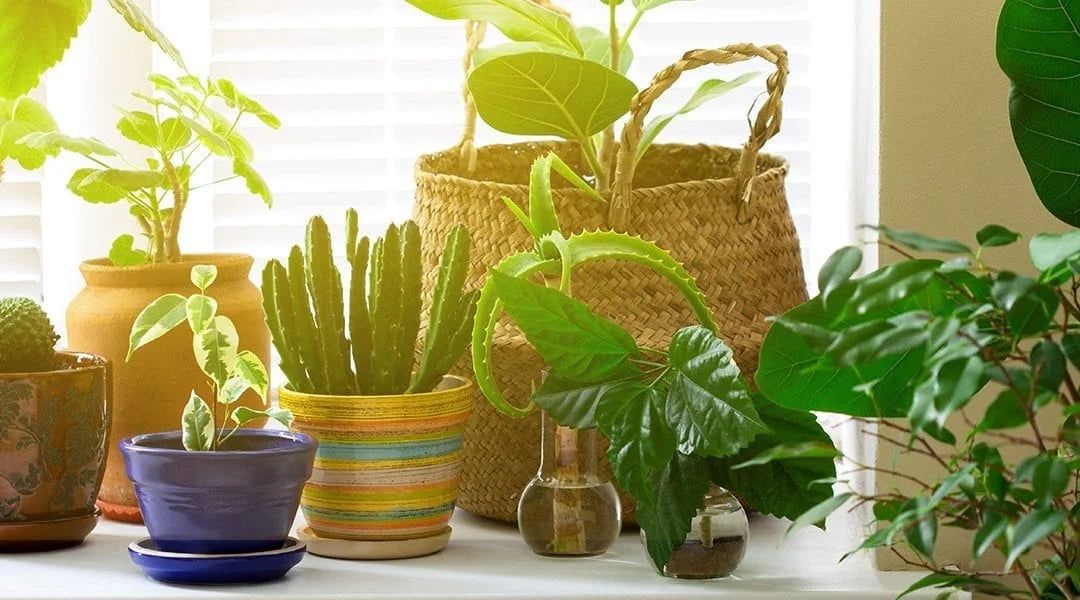October 12, 2024
Unveiling Depleted Soil:
Signs and Solutions

In the pursuit of a flourishing garden, one of the most crucial factors to consider is the health of the soil. Soil serves as the foundation for plant growth, providing essential nutrients, water, and support. However, not all soil is created equal, and over time, it can become depleted, impacting the vitality of your plants. In this educational blog, we'll explore the signs of depleted soil and how soil quality directly influences your plant's overall health.
Signs of Depleted Soil:
1. Slow Plant Growth:
One of the telltale signs of depleted soil is sluggish plant growth. If your plants are failing to thrive or are growing at a significantly slower rate than expected, it could indicate a lack of essential nutrients in the soil. Nutrient deficiency hampers the plant's ability to develop properly, resulting in stunted growth and poor yields.
2. Poor Water Retention:Healthy soil should have adequate water retention capacity, ensuring that moisture is available to plants when needed. However, depleted soil often struggles to retain water efficiently, leading to frequent drought stress for plants. If you find yourself constantly watering your garden, yet the soil remains dry and parched, it may be a sign of soil depletion.
3. Declining Foliage:The foliage of your plants can serve as a barometer of soil health. If you notice yellowing leaves, leaf curling, or premature leaf drop, it could be indicative of nutrient deficiencies or soil imbalances. Healthy soil provides plants with the necessary nutrients to maintain vibrant foliage, while depleted soil can result in nutrient-starved plants with lackluster leaves.
Understanding the Impact of Soil Quality:
The quality of soil directly influences the overall health and vitality of your plants. Here's how:
1. Nutrient Availability:
Healthy soil contains a balanced array of essential nutrients, including nitrogen, phosphorus, potassium, and micronutrients. These nutrients are vital for plant growth, flowering, and fruiting. Depleted soil lacks sufficient nutrients, leading to nutrient deficiencies in plants and hindering their ability to thrive.
2. Water Management:
Soil texture and structure play a crucial role in water management. Healthy soil with good structure retains moisture effectively, ensuring that plants have access to water when needed. Depleted soil, on the other hand, may have poor drainage or waterlogging issues, causing water stress for plants and compromising root health.
3. Soil Microorganisms:
A thriving soil ecosystem is teeming with beneficial microorganisms, such as bacteria, fungi, and earthworms, that contribute to soil fertility and plant health. Depleted soil often lacks biodiversity and may suffer from an imbalance of soil microorganisms, leading to poor nutrient cycling and soil degradation.
In the journey towards thriving plants, recognizing the signs of depleted soil is paramount. By understanding how soil quality impacts plant health and implementing solutions to improve soil fertility and structure, you can create an optimal growing environment for your plants. Remember, healthy soil is the cornerstone of a vibrant plant ecosystem.



